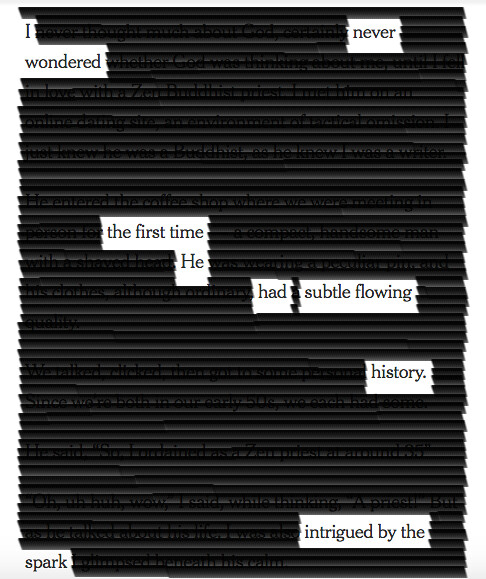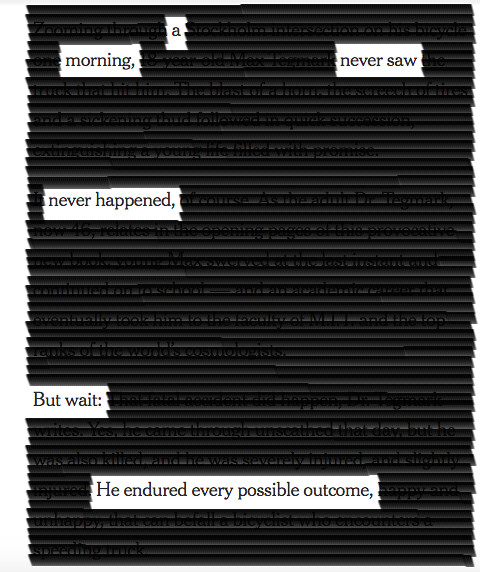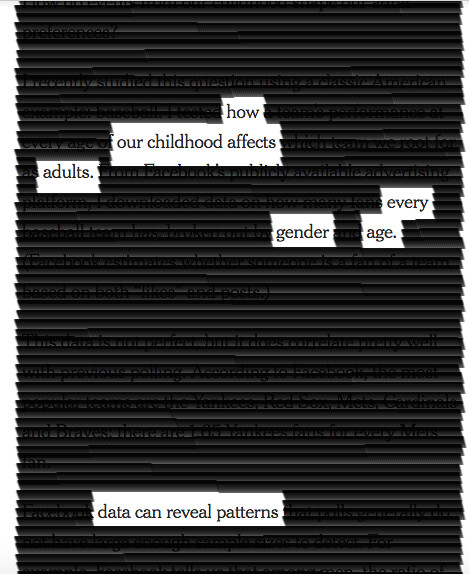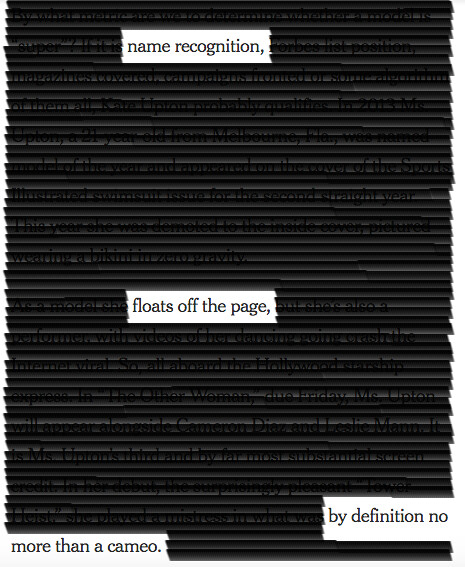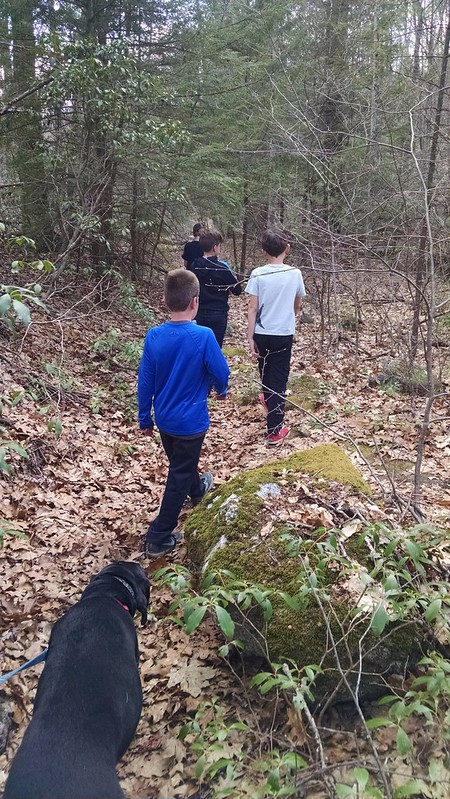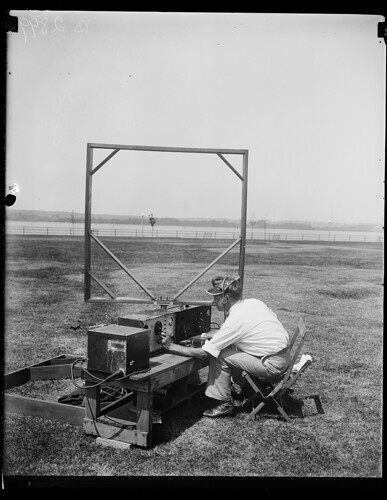It’s just by chance that I finished Disrupted: My Misadventures in the Start-Up Bubble by journalist Dan Lyons (he, of Fake Steve Jobs fame, writer on Silicon Valley, and former tech columnist of Newsweek) on the very same day that we watched The Big Short for family movie night.

What can I say? I am worried about our whole financial system now, and I can’t tell if that is because Michael Lewis’ tale (The Big Short is adapted from his book) of how the economy crumbled in 2007-2008 is merely an alarming precursor of “here we go again” on the horizon of technology start-ups instead of the housing market. The movie certainly reminded me of not just the weakness of underlying factors but also exposed yet again the ways in which banks and Wall Street and the business world stack the deck in their favor. Every single time.
The world crumbles, millions of people lose their jobs and homes, and the leaders of Wall Street walk away, rich as hell with the taxpayers bailing them out. (I know this is simplistic understanding but it’s what I got right now). This is why Bernie Sanders resonates with young, nervous voters who see the system as corrupt and stacked against them. Even the characters with some moral undertones in the movie get rich — by betting that the entire American/Global economy will fail.
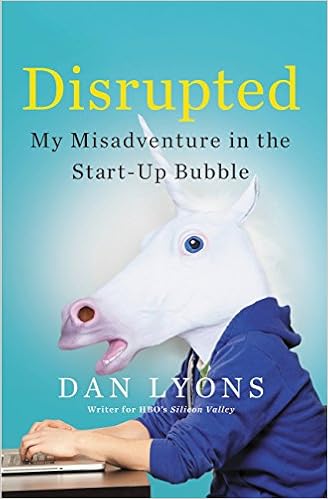
In Disrupted, Lyons writes about his time as a 50-plus-year-old unemployed writer trying to find his way into the Dot-Com world of Boston after being laid off by Newsweek. He does get his foot in the door at a growing technology company, only to realize, as Lewis showed, that everything in the business world is stacked against the average person (and against anyone over the age of 4o … ouch) and that what he sees runs counter to the logic of business understanding. Start-up technology companies don’t make profits — they make IPOs, and the average worker does not cash in. The CEO and executives do.
What I found most startling, if Lyons is to believed, is the near-cult-like culture that he finds in the technology start-up world. The place is teeming with 20-somethings, fresh out of college, and taking low salary for long hours of sales, sales, sales. Whole rooms are crammed with young marketers, pitching products on the phones. They follow every lead by every click on their websites (yes, web cookies track you and every free ebook you download is an invite to get a cold call). Unrealistic quotas drive the company dayafterdayafterdayafterday. People get fired, with no notice. Wait — the language is not “fired” but “graduated” to something else. The vision from the top is not on the technology that will transform the economy. Instead, the narrative is on the “company story” that will fuel Venture Capital and investors.
These young people seem to buy — hook-line-sinker — the endless rhetorical nonsense of the company leaders about the value of hard work for low pay, all in the name of the good of the company and unity and some touch-feely acronym world. Some of what Lyons shares seems like something right out of Orwell or Kafka. The whole notion of these tech start-ups is the not the product itself, but the sales numbers that will convince investors in a public offering to pay more for stock on the possibility (and only a possibility) that someday, down the line, the company might make a profit.
Maybe. Possible never. (That’s what they write in their IPO, believe it or not. Profits may never come.)
Yikes! That’s akin to realizing there are whole ghost town subdivisions in Florida that are nearly vacant because of mortgage problems and defaults. It’s the canary in the coal mine. When the folks in The Big Short see those subdivisions with their own eyes — hundreds of empty houses — they realize the tragic reality: It’s the bubble about to burst.
There’s a strange epilogue to Distrupted, too, in which some of the top executives of the company where Lyons worked get accused of hacking their way to gain access to a book being written about their company (Lyons assumes it is his book that is the target of the hack). Some get fired but not the top dogs of the firm. They come out just fine. And they get rich when the IPO happens.
Of course, they do.
My oldest son is off to college next year in the Boston area. I’m passing him Lyons’ book, just in case he has some illusions about joining the burdening start-ups in Boston (one of the hot spots in the country). It may not stop him when he reaches that decision point of his first job in a few years, although I would try my best to convince him otherwise. Wish me luck.
Peace (in the markets),
Kevin
